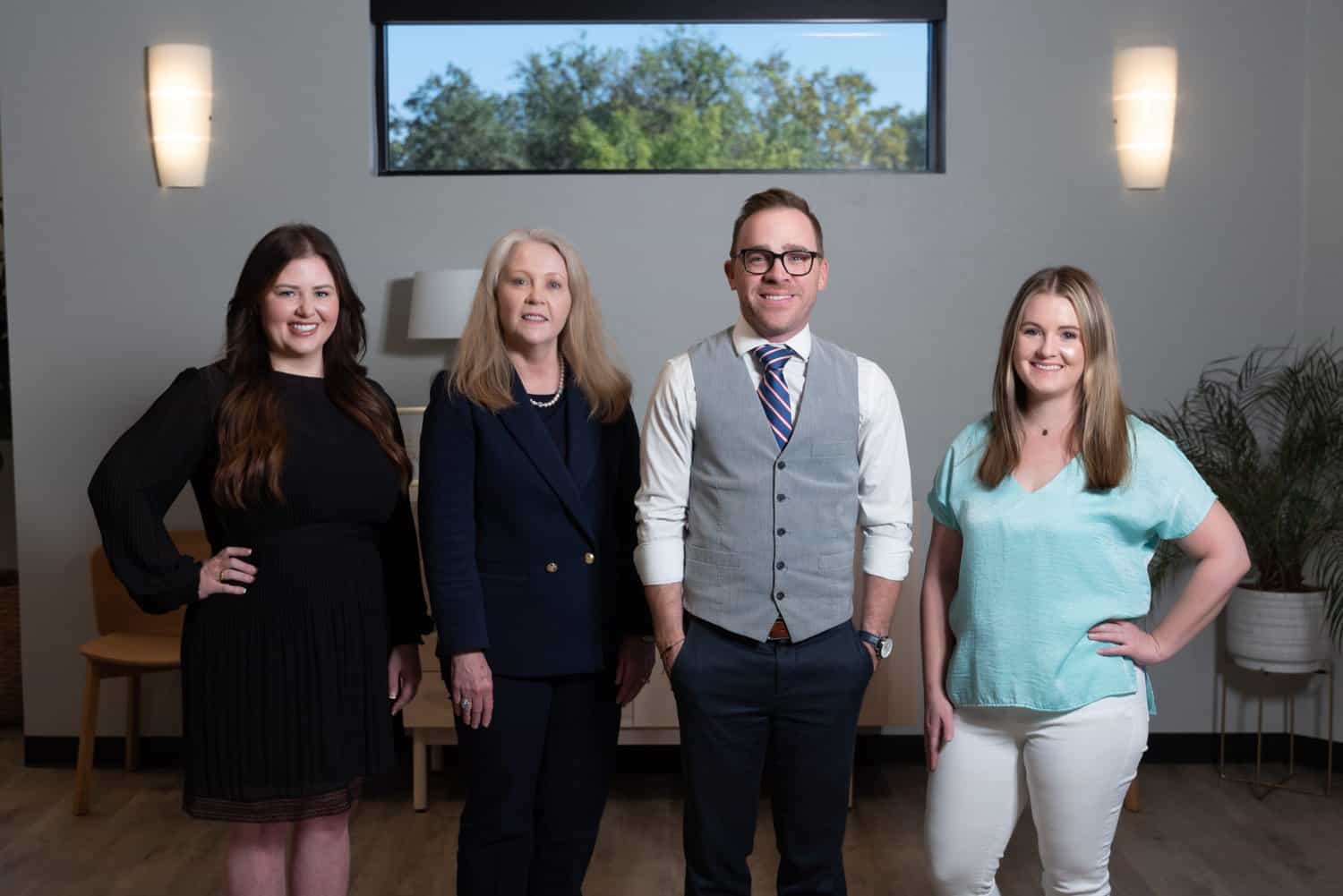Therapies Available to Address Youth’s Mental Health
Dr. Debra Atkisson knows all too well the challenges youth face today.
“Sadly, the rate of depression and suicidal ideation has greatly increased. Suicide is now the second-leading cause of death for ages 10-14 and 25-34,” said the Divisional Medical Director at Connections Wellness Group. “That is probably the most intense and most concerning thing that we see.
“We were already in a mental health pandemic for children before we had Covid and Covid made us realize we were at a tipping point. There have not been enough services for children and adolescents and that’s one way that Connections has reached out to meet that need.”
Atkisson said multiple factors prompted the pre-pandemic problems in part related to peer pressure.
“The first thing is societal pressures that our children and teens face today that we didn’t face,” she said. “The world moves faster. There are multiple modalities for children to get information. Also, with people being so mobile you don’t have the support of family there once was. All those things have merged to have an effect on our children.”
Covid’s initial focus on survival mode with parents working and students learning from home and not interacting with peers added to the stress — as did returning to school for fear of contracting the disease.
While adults could better envision the big picture, young people don’t have the brain development to understand it was not a permanent situation. This has led to an increase in cases of anxiety and depression in youth.
Connections Wellness Group provides individual and group therapies, and psychiatry at four locations in Tarrant County with the Keller site featuring youth therapies designed to address these challenges.
“I firmly believe if you can treat a child while they remain in their home you’re doing everybody a service,” Atkisson said.
Staff also teach coping skills and wellness practices in conjunction with families within a day treatment setting.







